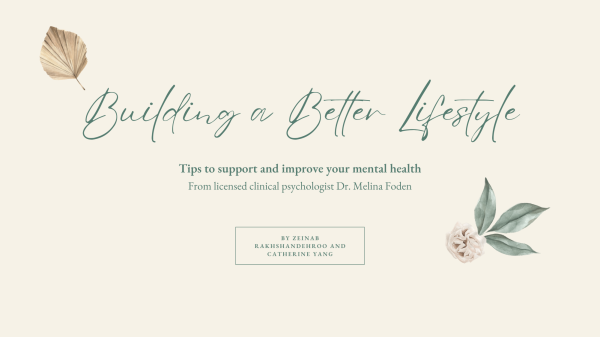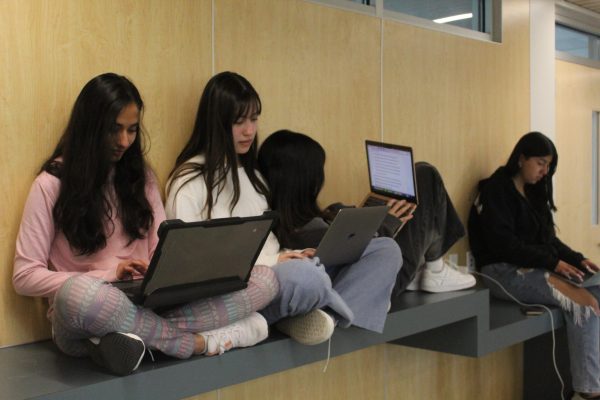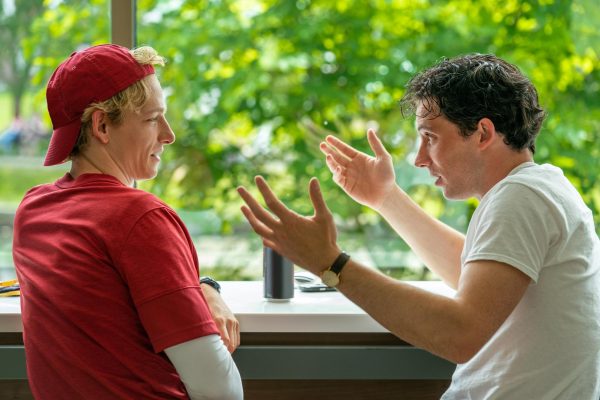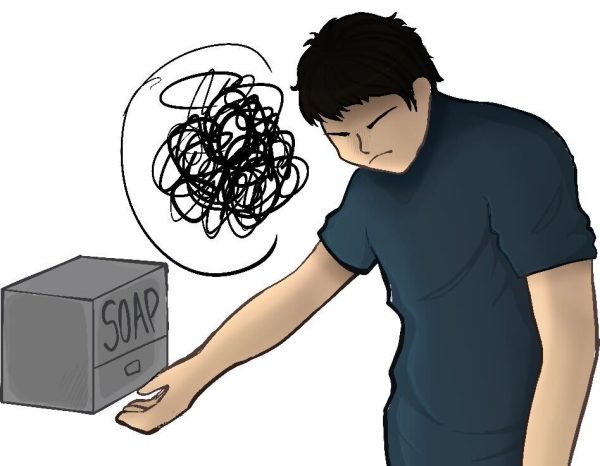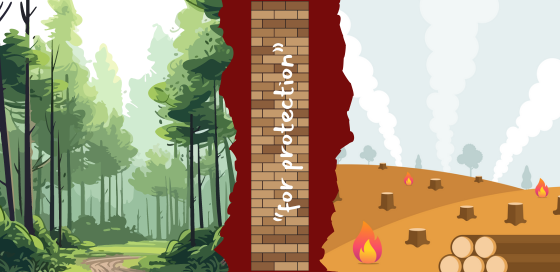COVID absences must not disrupt lesson plans
Teachers should record lessons, lectures so nobody falls behind
Missing a day of school, or even simply a single class, can cause a student — especially in a fast-paced AP course — to fall drastically behind while their classmates continue on with the class’s rigorous schedule. However, now, due to the Omicron variant, it seems as though both the students who miss school and the students who attend class are falling behind. Teachers should record their lessons in order to ensure the teaching schedule runs according to plan.
With the start of the new semester, HHS has seen a dramatic increase in the number of absent students, according to principal Greg Giglio. Even within my own classes, I have noticed class sizes shrinking to almost half of what they are supposed to be. Due to the exponential rise in absences, many teachers have decided to halt their original lesson plans until sick students are cleared to return. But this reasoning is flawed. Why are those who are healthy enough to attend school being deprived of their education?
Instead, if the school wishes to continue with in-person instruction and encourage sick students to stay home, it needs to provide both sets of students the opportunity to learn in their respective environments. That means allowing in-person instruction to resume as normal, while providing students in quarantine with remote access to the lessons.

To accomplish this, teachers should be required to record their lessons and upload them to Schoology for students at home to watch. That way, healthy students can continue to learn as usual, and sick students do not fall behind when they stay home. This would also allow students who feel sick to feel more comfortable about missing school as they will no longer have to be afraid of falling behind.
Requiring teachers to record their lessons will solve other problems beyond COVID absences. Why should a student exposed to COVID be permitted to make up work, while a student who misses class due to the flu or a religious holiday be forbidden from catching up as easily? Recorded lessons are an effective way to accommodate students who miss classes for these reasons as well.
I recognize that recording classes may incentivize students to miss school without having a legitimate reason. To resolve this issue, I suggest that teachers require students who are able to communicate their absences in advance, if possible, and only then allow them access to the recorded class.
The last school year proved that virtual learning and teaching is at least possible, even though it may be challenging. And, because in-person instruction is ultimately superior to remote school, I don’t suggest we return to Zoom classes. However, we can maintain the benefits of remote-instruction and implement what worked. We can utilize Schoology to its full potential and require teachers to post lecture slides and recorded lectures on the site for absent students.
At the end of the day, every class —especially AP courses — has a deadline by which teachers must finish teaching all the material. Halting lessons and waiting for sick students to return to school shortens the amount of time teachers are left with to teach the necessary material. This is especially critical for AP classes, which culminate in national exams that can provide students with college credits.
We need to teach the present students and accommodate the absent students. These two propositions are not mutually exclusive.




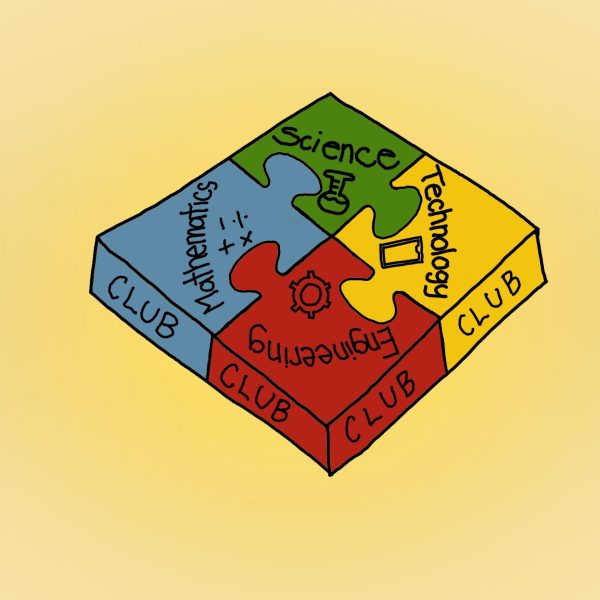
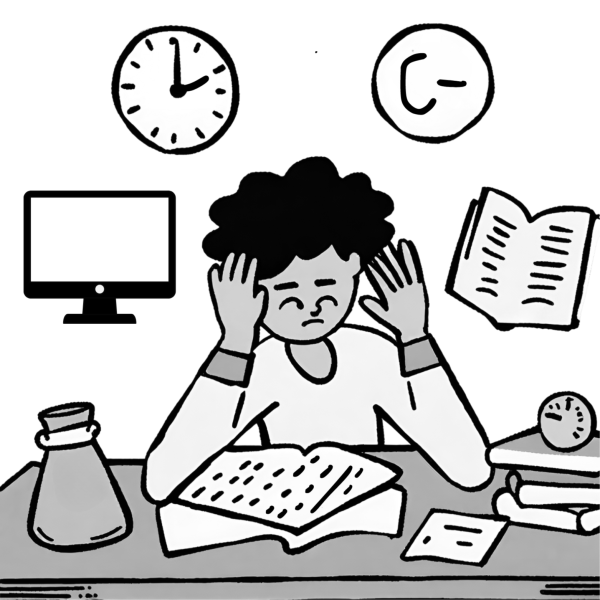
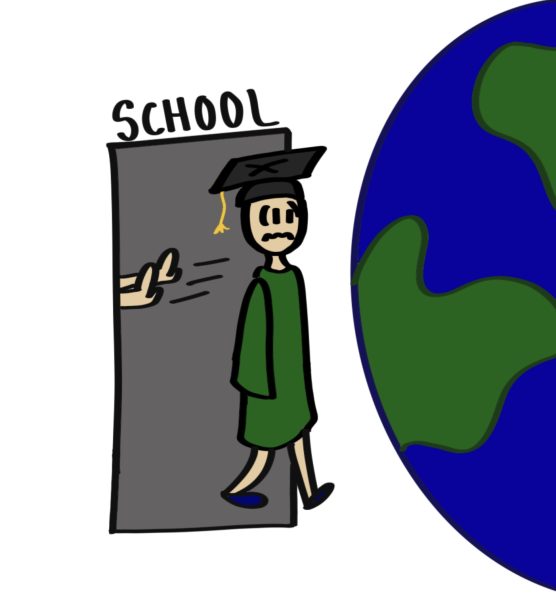

![Junior Shiva Chitta said his friends and family encouraged him to attend prom, despite initially intending not to.
“My mom told me to go and ‘have a slice of [my] life,’” Chitta said. “Im sure there are prom [events] in colleges…but we have to go [to junior and senior prom.]”](https://hhsepitaph.com/wp-content/uploads/2024/06/PromG2024_1-600x400.jpg)
